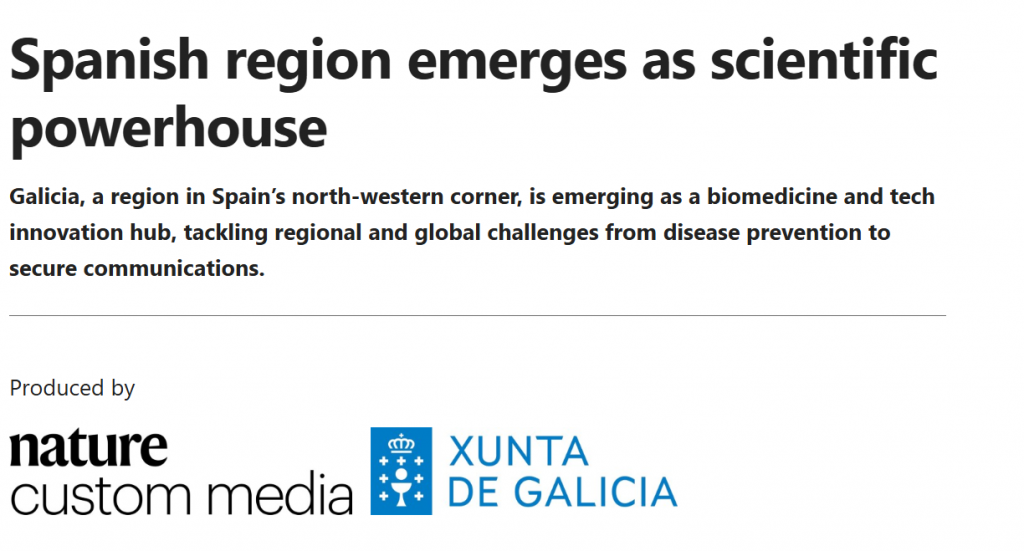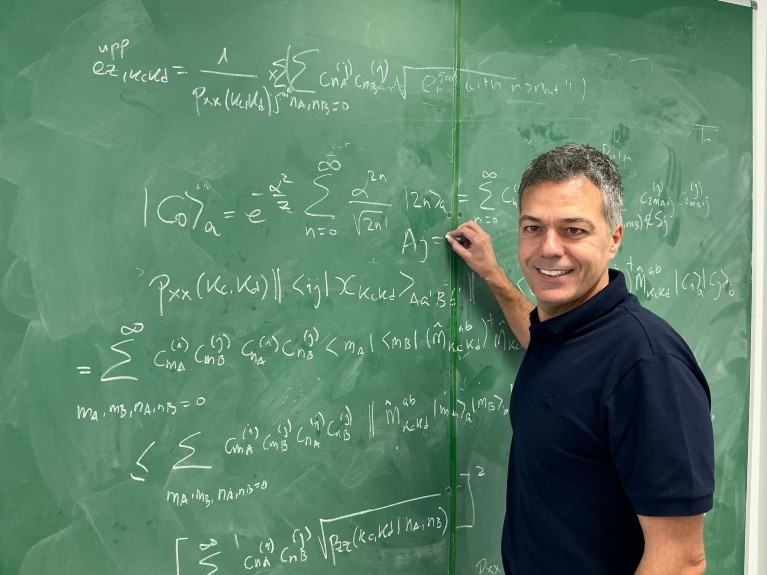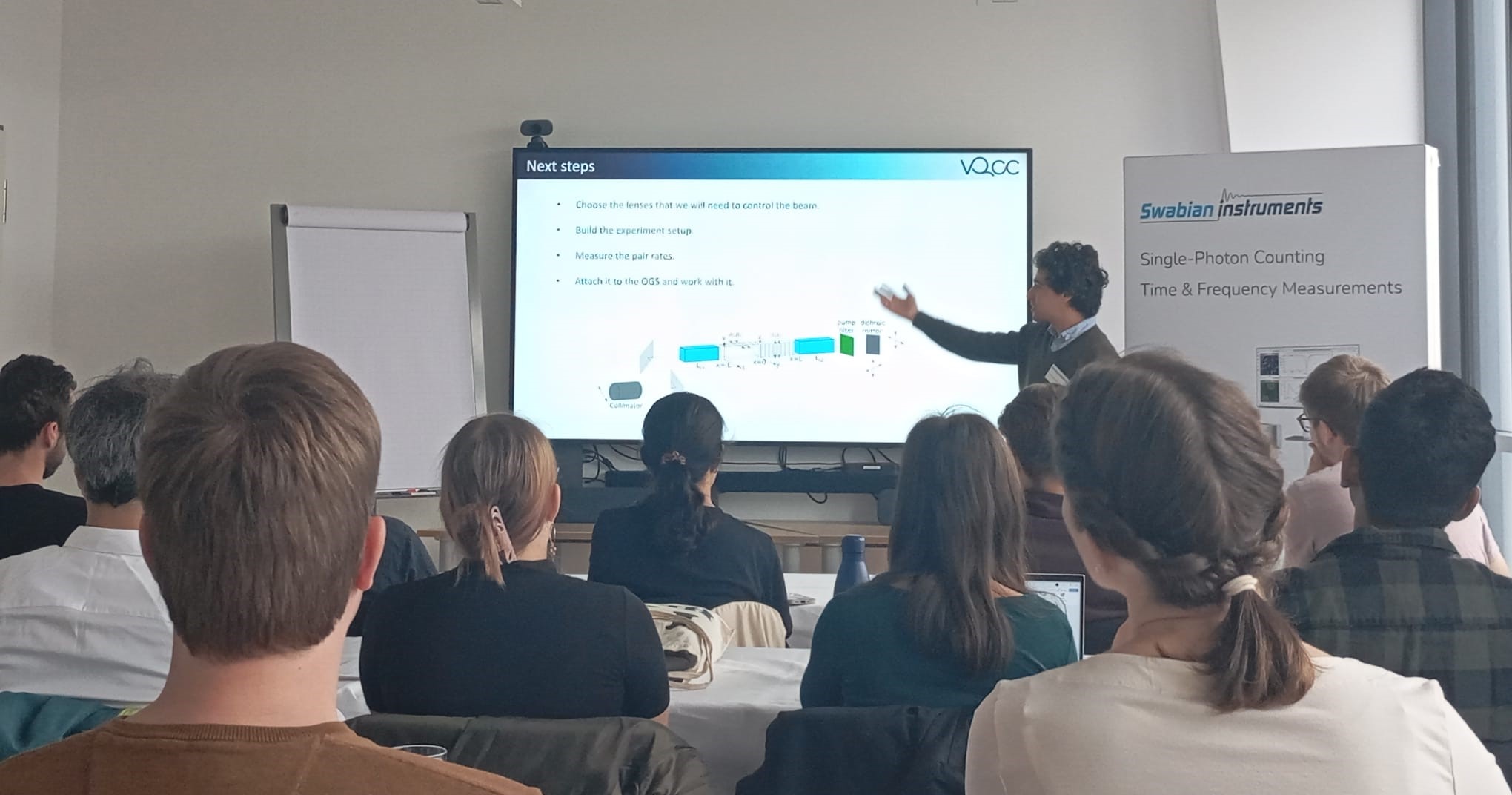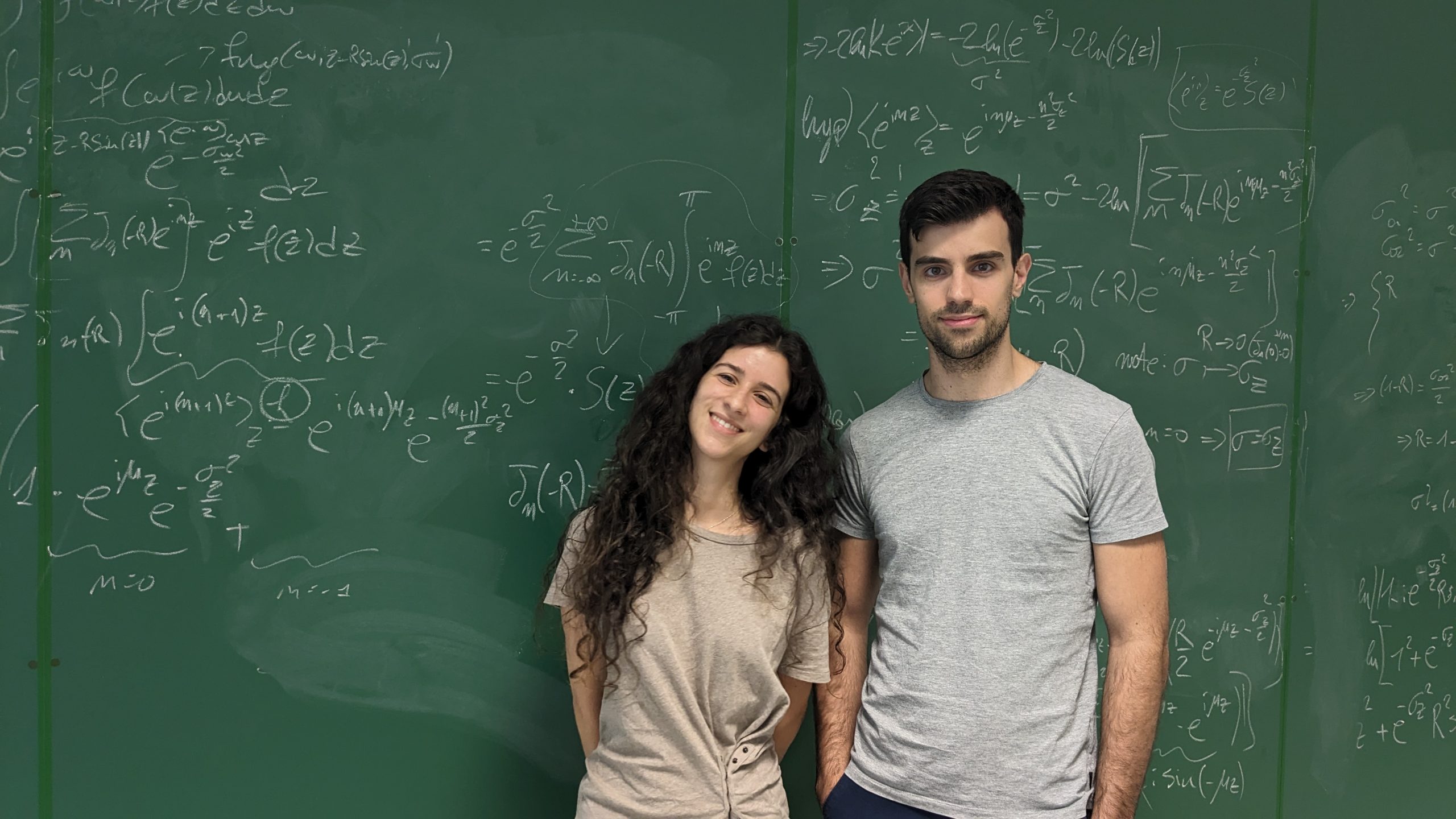The VQCC
highlighted in Nature.


The Galician R&D ecosystem is highlighted in the prestigious magazine Nature, which makes emphasis in the consolidation of Galicia as a hub of innovation in various sectors such as biomedicine, artificial intelligence or quantum technologies thanks to the proactive policies of the Galician Government and the synergies generated between the different agents of the R&D ecosystem.
The article features the testimony of leading researchers in Galicia, such as Angel Carracedo, director of the Galician Public Foundation for Genomic Medicine and leader of the Xenoma project; Amparo Alonso, Professor at the University of A Coruña, researcher at the CITIC ICT Research Center, and a reference in approaching AI with an ethical approach; and Marcos Curty, professor at the University of Vigo, expert in quantum cryptography and director of the VQCC Vigo Quantum Communication Center (VQCC).
Among the initiatives of the Xunta de Galicia underlined in the publication, the VQCC stands out, focused on development quantum communication technologies for secure communications in the quantum era.
You can read the complete article here: https://www.nature.com/articles/d42473-025-00032-x















